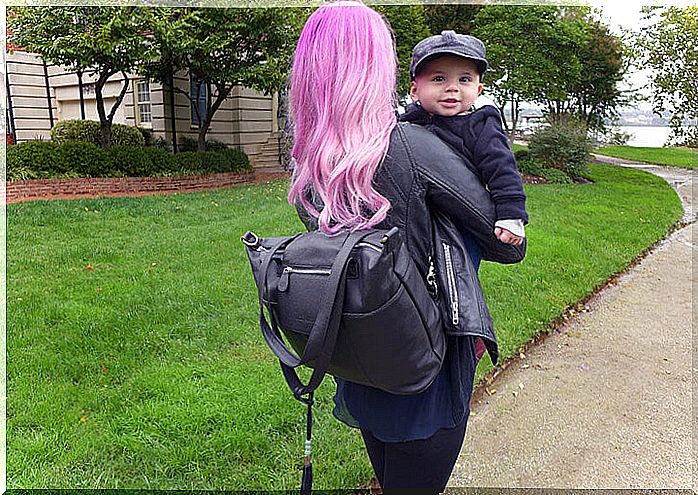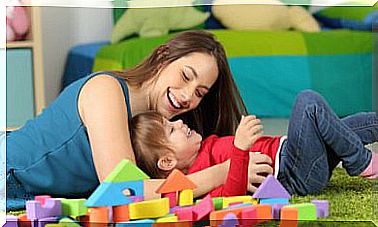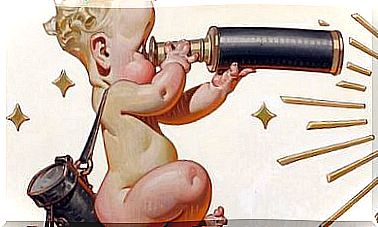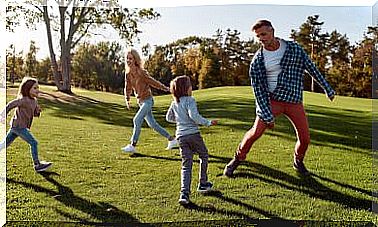The Love We Give To Our Children Determines Their Adult Love

Love is one of the human emotions most present in the day-to-day life of the human being. The human brain is governed by love.
We are social creatures, our neurotransmitters and our neural structures develop based on our daily interactions with those around us.
We need affection to grow, security to develop and the attention of parents who know how to attend when the child needs it.
Contrary to what the followers of the Estivill method think (a behavioral approach that recommended that parents not attend to the baby’s crying at night), love must be present in every aspect of human life, especially during the first years of life. lifetime.
Practices like the Estivill method go against human nature itself. Why? because they deny thousands and thousands of years of evolution of the human brain; which has the current level of development thanks to its ability to love and empathize.
Love nourishes the brain
There are several theories, methods and ideas that enact that, for a child to grow better, smarter, more independent, decisive, he should not be attended every time he cries as a baby.
In this way, he is supposedly taught to be independent and strong, with the belief that this way, tomorrow this baby will be able to have a guaranteed emotional maturity.
However, the maternal instinct has never been designed to act in such a way. In fact, attending to the baby’s crying and not separating from it during its first years of life is both natural and necessary.

Childhood care: the key to mental health
Eduard Punset in his book entitled “El viaje al amor” (2007) and in his interviews on the program “Redes” explains that educating with love is educating in mental health.
In this way, a healthy, happy and mature development is fostered in that child who, tomorrow, will be a fulfilled adult, without deficiencies, without fears, without insecurities.
When the baby comes into the world, his brain is immature. This is only 30% of what it can be. It is our responsibility to promote this maturation through: food, security and love.
If a mother limits herself to taking care of her baby but neglects the emotional world, her cries or her security needs with the idea that “that way she will mature earlier” or “that way she will be a better person.”
In reality, what it does is create little voids, holes, and lonely corners that shape the brain of a child who can grow into a troubled adult.
Proximity and attachment in the first years of life
Eduard Punset explains that it is extremely important to differentiate: emotional brain, hippocampus, amygdala and cortisol. This knowledge will be of great use to us.
And what do all these dimensions have to do with the development of the baby? A lot of. Think for a moment what it means for a baby to enter the world. In your brain there is only fear and the need to feel safe and fed.
But is that child happy? Let’s say those parents who are proud of their baby but do not attend to their crying at night. These parents avoid holding them, believing that this gesture can spoil them or make them weak.
Many things happen in that baby’s brain:
- The first is that you will have learned that crying is of little use to you.
- The second is that by not feeling safe, by letting fear be that persistent inhabitant in your brain, you will have a high level of stress. Remember that the amygdala stimulates the production of cortisol, the stress hormone.

It is necessary to educate with love and promote attachment and rapprochement during the first two years of life. Only in this way can the development of strength and appropriate emotional well-being be guaranteed in children.
In turn, this will help activate the neural mechanisms necessary for you to grow up with good self-esteem and enough self-esteem to be able to establish healthy bonds and relationships with others.
Therefore, every mother is encouraged to express affection through physical contact to provide the baby with love and security. This will ensure healthy development.










